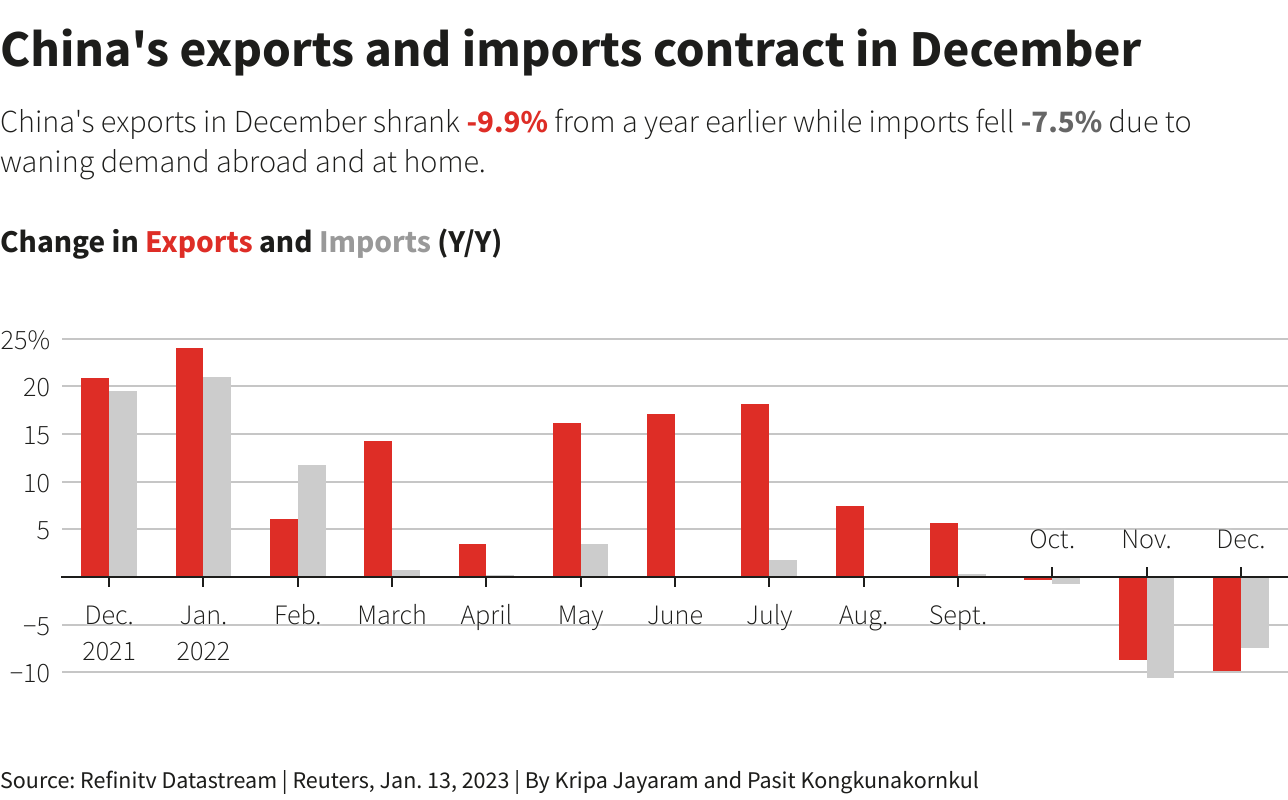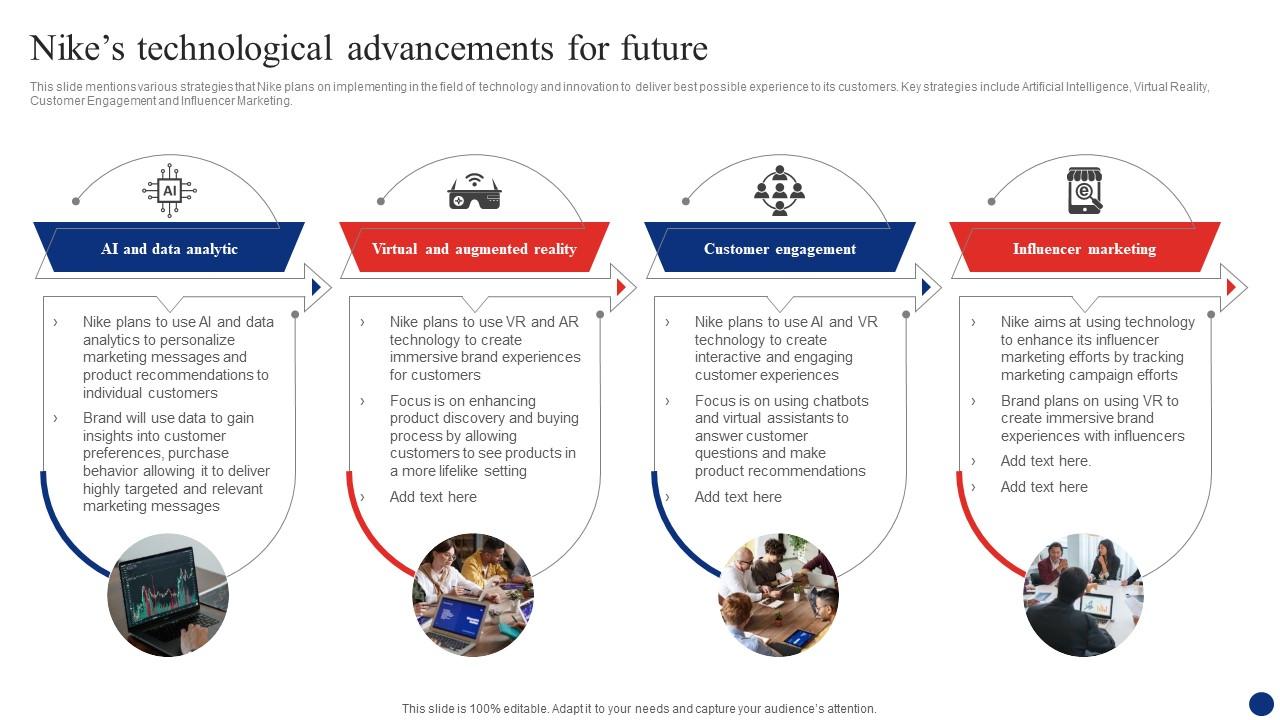Google Breakup: A Realistic Possibility?

Table of Contents
Antitrust Concerns Fueling the Google Breakup Debate
The primary driver behind the calls for a Google breakup stems from significant antitrust concerns. Google's immense power across various sectors raises questions about its impact on competition and consumers.
Monopoly Power in Search and Advertising
- Dominance in the search engine market: Google holds an overwhelming majority of the global search market share, leaving little room for competitors.
- Control of online advertising: Google's advertising network, including AdSense and AdWords, controls a significant portion of the online advertising market, giving it immense leverage over advertisers and publishers.
- Impact on competition: This dominance stifles innovation and limits choices for consumers and businesses. Smaller search engines and advertisers struggle to compete effectively against Google's vast resources and market power.
Google's market share in search consistently hovers above 90% in many countries. This near-monopoly allows them to dictate terms to advertisers and publishers, potentially leading to anti-competitive practices. The impact on smaller players is undeniable, forcing many to either merge or exit the market entirely.
Concerns Regarding Data Privacy and User Control
- Collection and use of user data: Google collects vast amounts of user data through its various services, raising concerns about the extent and purpose of this data collection.
- Lack of transparency: Critics argue that Google lacks sufficient transparency regarding how user data is collected, used, and shared.
- Potential for abuse: The sheer volume of data Google possesses raises concerns about potential misuse, including targeted advertising manipulation and potential privacy violations.
The argument for a Google breakup often hinges on concerns about data privacy. The sheer scale of Google's data collection practices, combined with perceived lack of transparency, fuels anxieties about potential abuse and erosion of user control over personal information. Regulations like GDPR attempt to address these concerns, but a breakup could be seen as a more radical, yet potentially more effective, solution.
The Android Ecosystem and App Store Dominance
- Control over the Android OS: Google's control over the Android operating system gives it significant influence over the mobile ecosystem.
- App store policies: Google Play Store policies have faced criticism for potentially stifling competition and limiting choices for app developers and consumers.
- Impact on app developers: App developers are often subject to Google's terms and conditions, including revenue sharing models that can be perceived as unfavorable.
Google's dominance in the Android ecosystem is another key argument in the Google breakup debate. The company's control over the operating system and the Google Play Store allows it to exert considerable influence over app developers and consumers, potentially leading to anti-competitive practices and limiting innovation.
Arguments Against a Google Breakup
While the arguments for a Google breakup are compelling, opponents raise valid counterpoints, highlighting potential negative consequences.
Potential Negative Impacts on Innovation
- Reduced investment in research and development: Breaking up Google could hinder its ability to invest heavily in research and development, potentially slowing technological advancement.
- Fragmentation of services: Separating Google's various services could lead to fragmentation and reduced integration, potentially impacting user experience.
- Potential increase in prices: Increased competition following a breakup might not automatically translate into lower prices for consumers.
A Google breakup could negatively impact innovation. The immense resources currently pooled within the Google ecosystem fuel significant research and development efforts. Dividing these resources could stifle progress in areas like artificial intelligence and cloud computing.
The Complexity of a Breakup
- Logistical challenges: The logistical complexities of separating Google's interconnected businesses are immense, requiring significant time, resources, and expertise.
- Legal battles: A breakup would inevitably involve protracted and expensive legal battles, potentially delaying the process and creating uncertainty in the market.
- Potential for market instability: The breakup itself could create market instability and uncertainty, potentially harming consumers and businesses in the short term.
The sheer scale of Google's operations makes a breakup a tremendously complex undertaking. The legal challenges alone would be substantial, potentially spanning years and costing billions of dollars. The potential for market disruption during this transition is significant.
Alternative Regulatory Approaches
- Increased regulation: Instead of a breakup, increased regulation could address many of the concerns about Google's market dominance.
- Stricter antitrust enforcement: More rigorous enforcement of existing antitrust laws could curb anti-competitive practices without resorting to a complete breakup.
- Data privacy legislation: Stronger data privacy legislation could provide greater protection for users without requiring the drastic measure of a corporate breakup.
Before resorting to a Google breakup, exploring alternative solutions like stricter regulation, enhanced antitrust enforcement, and comprehensive data privacy legislation should be considered. These approaches could potentially address the concerns raised without the disruptive consequences of a corporate dismantling.
Conclusion
The debate surrounding a Google breakup is multifaceted and complex. While legitimate concerns exist regarding Google's market dominance, data privacy practices, and potential anti-competitive behaviors, the potential negative consequences of a breakup—including reduced innovation, increased costs, and market instability—must also be carefully weighed. Alternative regulatory approaches deserve serious consideration before resorting to such a drastic measure. The question remains: Do you believe a Google breakup is necessary, or are alternative regulatory approaches sufficient? Share your opinion and engage in the ongoing discussion surrounding this crucial issue. Let's continue the conversation on the Google breakup and its potential implications.

Featured Posts
-
 Ai Digest Transforming Repetitive Documents Into A Compelling Podcast
Apr 22, 2025
Ai Digest Transforming Repetitive Documents Into A Compelling Podcast
Apr 22, 2025 -
 Anchor Brewing Companys Legacy Reflecting On 127 Years Of Brewing
Apr 22, 2025
Anchor Brewing Companys Legacy Reflecting On 127 Years Of Brewing
Apr 22, 2025 -
 Who Will Bear The Cost Of Trumps Economic Policies
Apr 22, 2025
Who Will Bear The Cost Of Trumps Economic Policies
Apr 22, 2025 -
 Chinas Economy Exposed By Reliance On Exports And Tariffs
Apr 22, 2025
Chinas Economy Exposed By Reliance On Exports And Tariffs
Apr 22, 2025 -
 The Difficulty Of Automating Nike Sneaker Production A Technological Deep Dive
Apr 22, 2025
The Difficulty Of Automating Nike Sneaker Production A Technological Deep Dive
Apr 22, 2025
